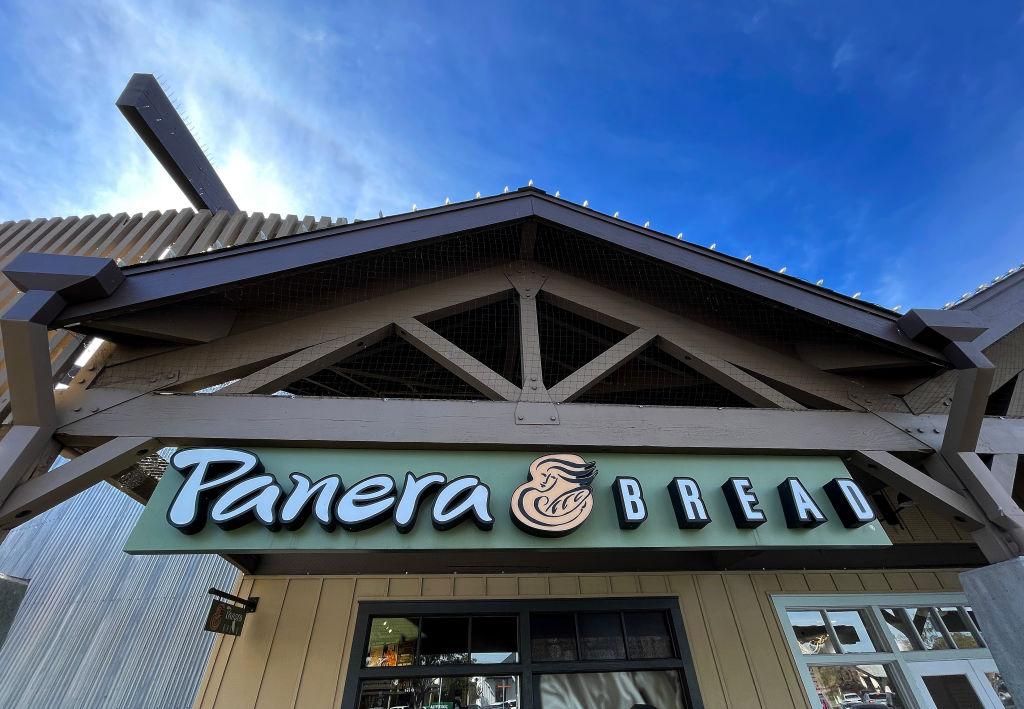An attorney with the California Labor Commission earlier this month clarified a controversy surrounding California Gov. Gavin Newsom and a franchisee of Panera Bread, regarding whether the franchisee’s fast-casual restaurants are exempt from the state’s new $20-an-hour wage law for employees.
At issue is an amendment added at the last minute to the minimum wage law in question—Assembly Bill 1228, set to take effect April 1—exempting bakeries.





